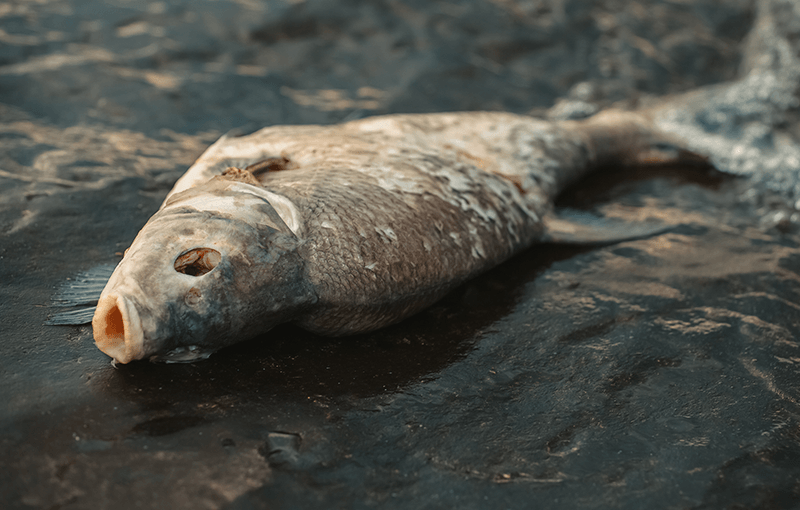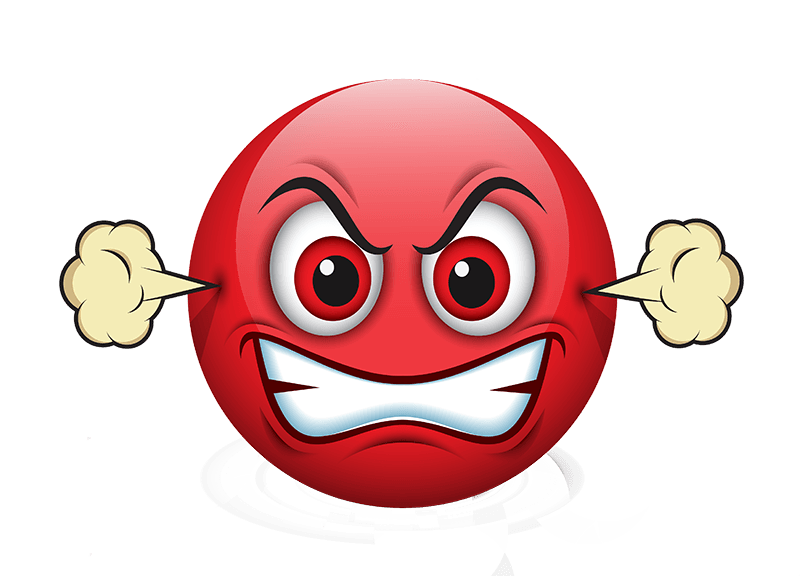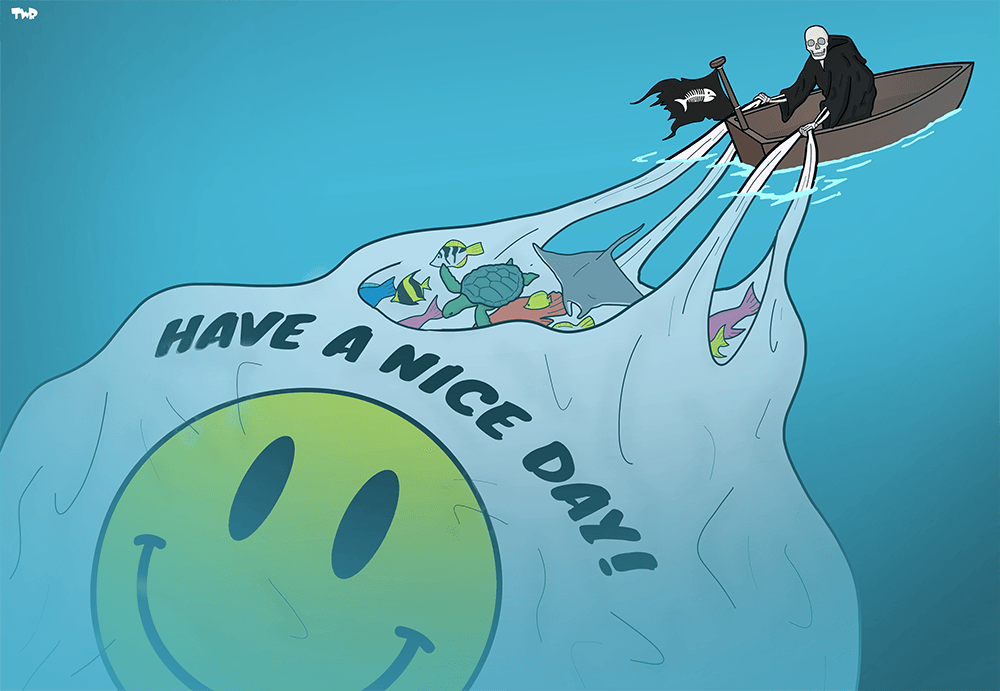aftermath
water pollution

Source: shutterstock
Water is essential for all living organisms and should be treated with the utmost care. It is not. Lakes, rivers, wetlands and oceans are being severely polluted and poisoned all over the world, threatening not only the health of people and the environment but also their very existence.

Eight billion people produce a collosal amount of filth
It includes excrement, thousands of chemicals, and plastic. Much of this waste is dumped into the water without treatment. The consequences are dire. Excrement carries diseases, many chemicals are toxic, often for very long periods of time, and plastic seriously endangers wildlife.
Governments, especially in developing countries but also in the developed ones are slow to take protective measures, which cost money, but quick to allow even more harmful developments, which make money. Experience has shown that this is a foolish and costly policy in the long term. Pollution accumulates until the danger levels become so high that clean-up becomes inevitable. Then the cost is many times higher than it would have been if the problem had been handled at the source. As always, prevention is better than cure.
Some examples
Lakes
The Great Lakes of Africa are among the richest environments on earth, home to 10% of the world's fish species. They offer about one hundred million people a living but are being seriously threatened, not only by all the usual forms of pollution, but also by deforestation, overfishing and loss of water for hydropower dams and irrigation.
Rivers
A study by the UN has shown that severe pathogen pollution affects one third of the rivers in Latin America, Africa and Asia, putting the health of hundreds of millions of people and the environment at risk.
Wetlands
According to the WWF wetlands are one of the most undervalued, most biologically diverse ecosystems on earth. They are extremely important, among other things as a source of food, as vital habitats for more than 40% of all species. They also offer a cheap and efficient way to control floods, provide clean water and offer storm protection. Nevetheless they are severely threatened all over the world. Half of them have already disappeared since 1900.
Oceans
It was long thought that the oceans were too big to be affected by human activity. Now we know better. Our waste has been found in massive quantities at the bottom of the deepest trenches and on the shores of the remotest islands. Our filth is killing life in the oceans. If this goes on, the consequences will be apocalyptic, to put it mildly. Pollution of the oceans endangers the existence of more than one billion people who depend on the sea for their food. Last but certainly not least, the ongoing devastation also includes a tiny marine organism called phytoplankton, which is responsible for most of the oxygen produced on this planet. We have already killed almost 40% of it in the last 50 years or so. As we are also destroying the other main producer of oxygen, the forests, very little oxygen will be produced anymore. This also means that more CO2 will remain in the atmosphere, further increasing global warming. Although there will still be huge quantities of oxygen left in the atmosphere, the absence of most new oxygen would obviously have a detrimental and steadily worsening effect on air quality.
"People don't realize that water in the liquid state is very rare in the universe. Away from earth it is usually a gas. This moisture is a blessed treasure, and it is our basic duty, if we don't want to commit suicide, to preserve it.
"
Jacques Yves Cousteau

Source: Tjeerd Royaards; CartoonStock.com



